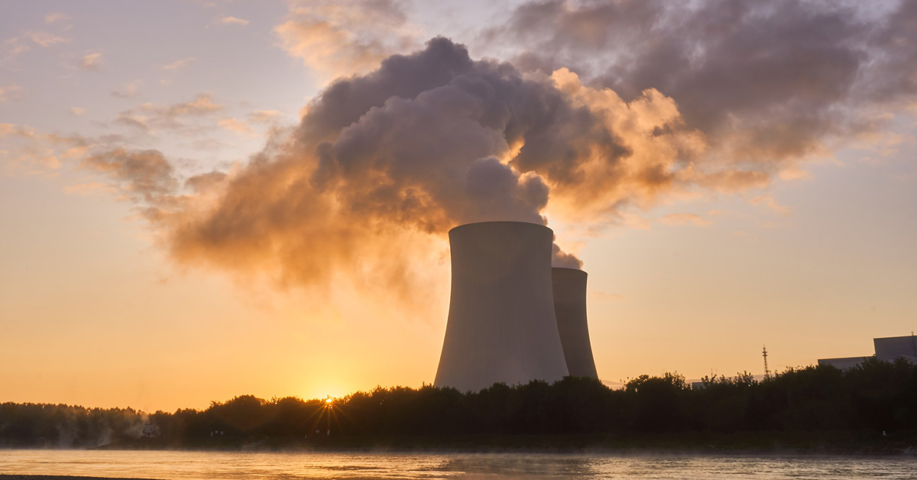Traditional Land of Wabanaki People/Fredericton – The Conservation Council of New Brunswick supports the calls from Indigenous leaders and nuclear safety experts to reject NB Power’s request for an unprecedented 25-year operating renewal at the Point Lepreau nuclear generating station.
The Canadian Nuclear Safety Commission is holding public hearings in Saint John this week.
Since Lepreau began operating in 1982, the national nuclear regulator has typically renewed the plant’s license by two years at a time. If NB Power’s request is approved, it would be the first time in Canada that a nuclear plant had its license renewed for longer than a 10-year period.
The Passamaquoddy Recognition Group, Mi’gmawe’l Tplu’taqnn, Canadian Environmental Law Association (CELA) and CRED-NB have called on the commission to reject NB Power’s request.
In its presentation, the Mi’gmawe’l Tplu’taqnn said a 25-year renewal could “negatively affect both public perception of the Commission’s oversight, and opportunities for meaningful engagement with First Nations and other communities.”
The Conservation Council of New Brunswick participated in the nuclear safety commission’s hearing on NB Power’s request for a five-year renewal for Point Lepreau in 2017. The Council’s 483-page joint submission with CELA focused on:
- NB Power’s emergency planning at Point Lepreau for both on- and off-site catastrophes, noting that the utility had failed to produce a detailed, robust emergency plan for rigorous public review and input;
- The need for public consultation and transparency around changes to nuclear emergency planning put in place since the Fukushima disaster; and,
- Our recommendations for improving emergency preparedness and response to catastrophic-level accidents on- and off-site.
New Brunswick’s leadership is moving in the wrong direction: trying to renew an aging nuclear power plant, rip up the shale gas moratorium, resurrect an LNG export pipe dream, and wasting money on small modular nuclear reactors.
Instead, the New Brunswick government and NB Power must position our economy to meet future energy needs at home and globally by investing in offshore wind, generating green hydrogen and renewable fuels, and electrifying our own energy system through renewables and energy efficiency.
To make this happen, the Conservation Council recommends an electrification strategy comprised of:
- Updating energy policy to focus on renewable energy such wind and solar over small modular nuclear generation, in line with studies showing renewables are the most cost-effective way to reduce emissions and meet energy demands;
- Amending the Electricity Act to allow a mix of public, private and community-owned power generation;
- A new target of 80 per cent renewable energy in New Brunswick by 2030; and,
- Exploring options for regional integrated resource planning, i.e. creation of the Atlantic Loop.
-30-
Recommended links:
- The Conservation Council and CELA’s 2017 submission to Canadian Nuclear Safety Commission
- Written Submission from the Passamaquoddy Recognition Group
- Written Submission from the Mi’gmawe’l Tplu’taqnn
- Written Submission from CELA and CRED-NB
- Small Modular Nuclear Reactors: Mythbusting Claims From Nuclear Energy Proponents
- Learn about the Conservation Council’s Atlantic Electricity Vision
To arrange an interview, contact:
Jon MacNeill, Communications Director, Conservation Council of New Brunswick | jon.macneill@conservationcouncil.ca | 506-238-3539

